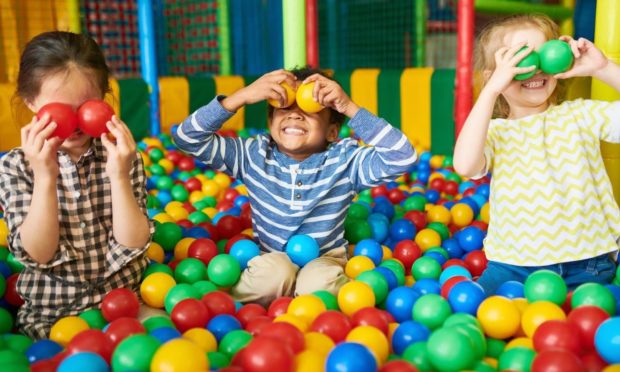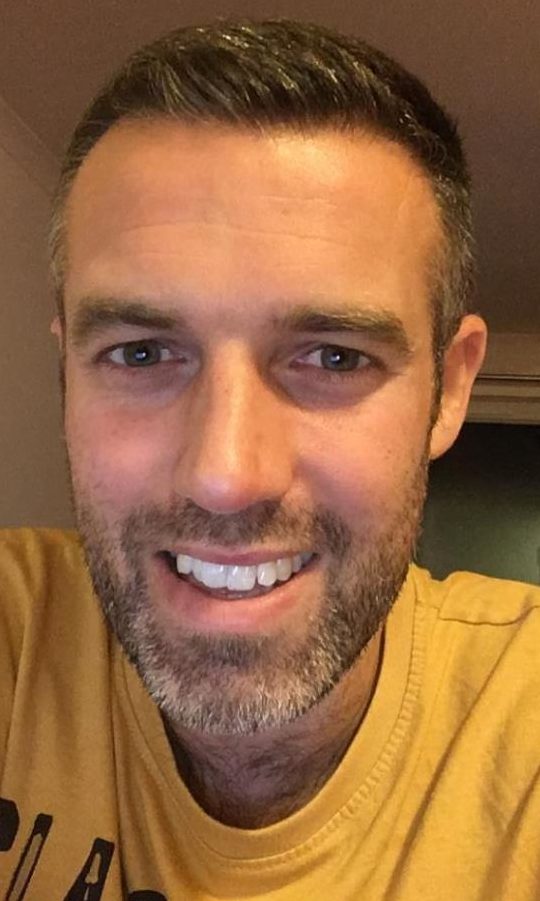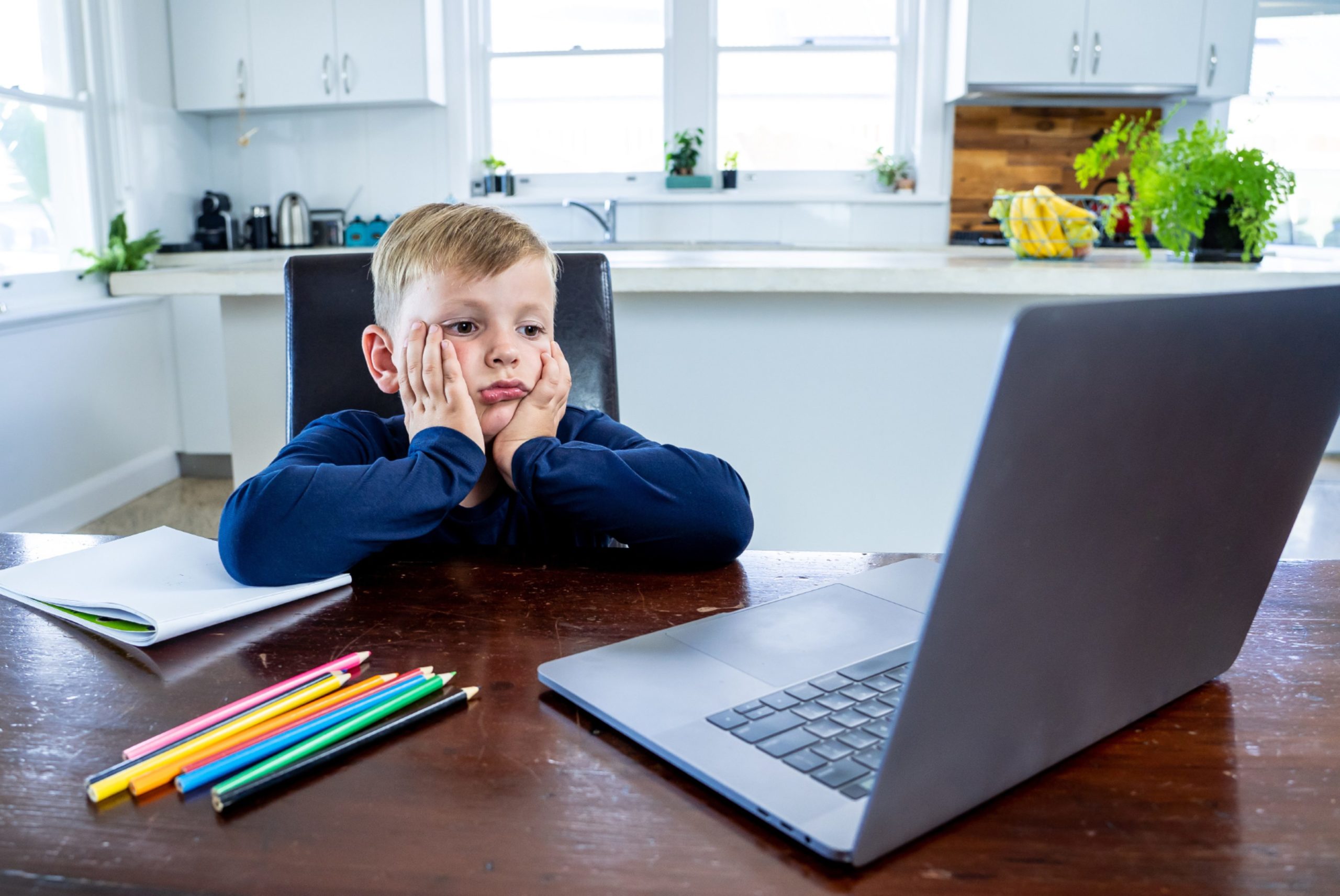We know this last year has been very difficult for children, but we also know young people have shown great resilience.
Our Childline counsellors have been impressed by how many children have come together to support one another and their own families throughout the pandemic.
However, we know that over the last year children have missed out on many aspects of normal life, including the opportunity to play.
Play is such an important part of childhood, and is key for the development and building of relationships in kids. When you play with babies and toddlers, not only are you strengthening a bond with your child, you are also helping to build their brain.
As children get older, playing can help them work through difficult emotions, build resilience and create meaningful connections, as well as encourage confidence and self-esteem.
More Scottish children under 12 are suffering emotionally
Over the last year, the number of Childline counselling sessions with under 12s in Scotland about mental and emotional health has risen by 17%.
Children have talked to us about experiencing anxiety and stress, low moods, confidence issues, and depression. Many have felt anxious and overwhelmed due to concerns about Covid-19, school closures and cancelled exams. Others have suffered emotionally and felt isolated because they have been cut off from support networks and family and friends.
It’s important to speak to your children about these issues if you think they may be struggling, and to let them know it’s okay to feel this way.
Childhood Day
We have launched Childhood Day, which will be held on June 11, so that we can all come together to celebrate a brighter future, organise play activities, and raise money to help the NSPCC continue to keep children safe.
Whether you’re five or 85, everyone can get involved to play with family, friends or workmates.
During the pandemic mental health has remained the most common reason young people have got in touch with Childline. With lockdown easing, we want children to have a great summer filled with play. To play your part you can get involved in Childhood Day: https://t.co/ueyrDeYtzD pic.twitter.com/ruCKmX855f
— NSPCC (@NSPCC) May 14, 2021
Childline is here to help children and young people to get in touch with a trained counsellor, should they wish to speak about any worries they may have. Kids can call 0800 1111 or visit www.childline.org.uk
Any adult worried about a child can contact 0808 800 5000 or email help@nspcc.org.uk
Jamie Murray is a Childline supervisor in Aberdeen


